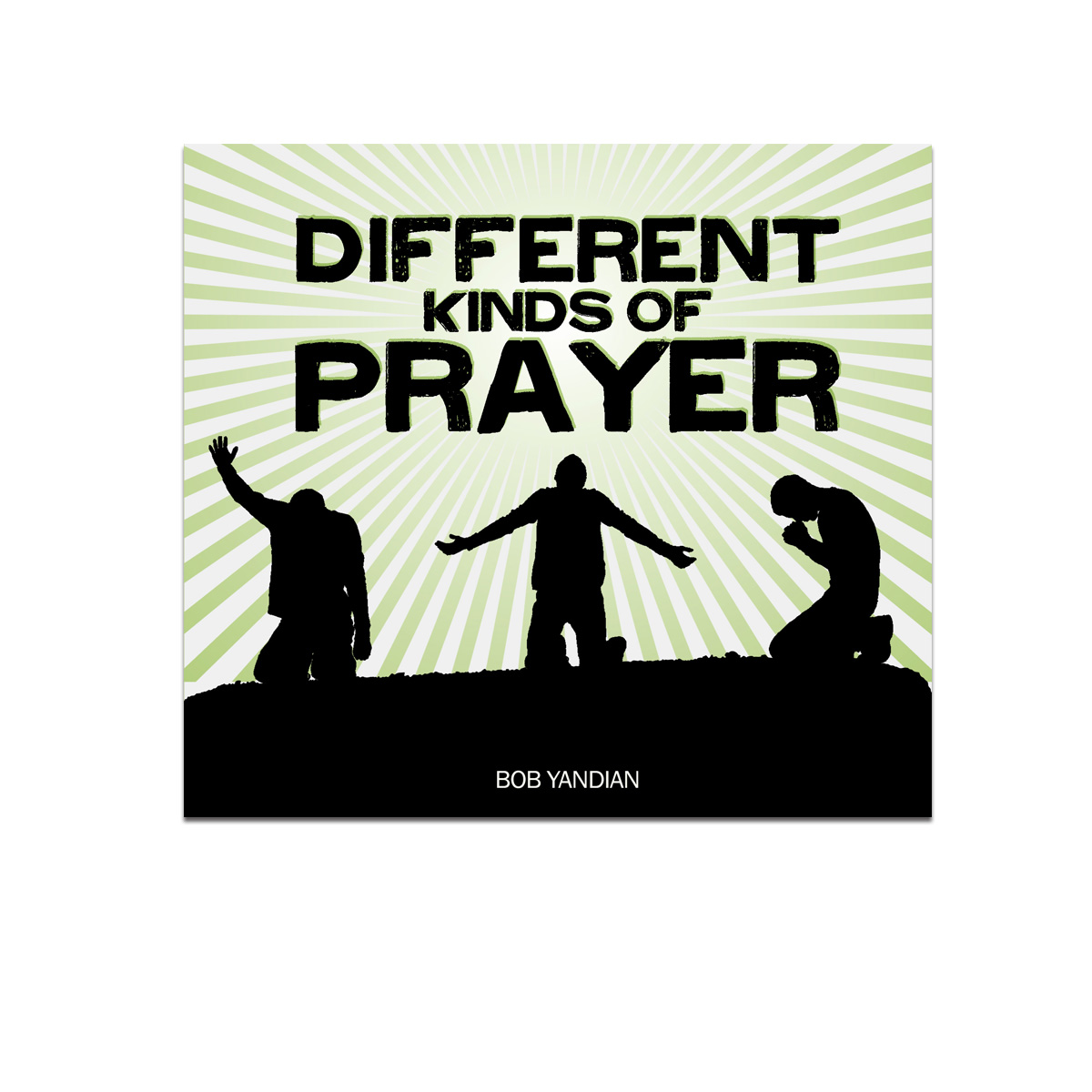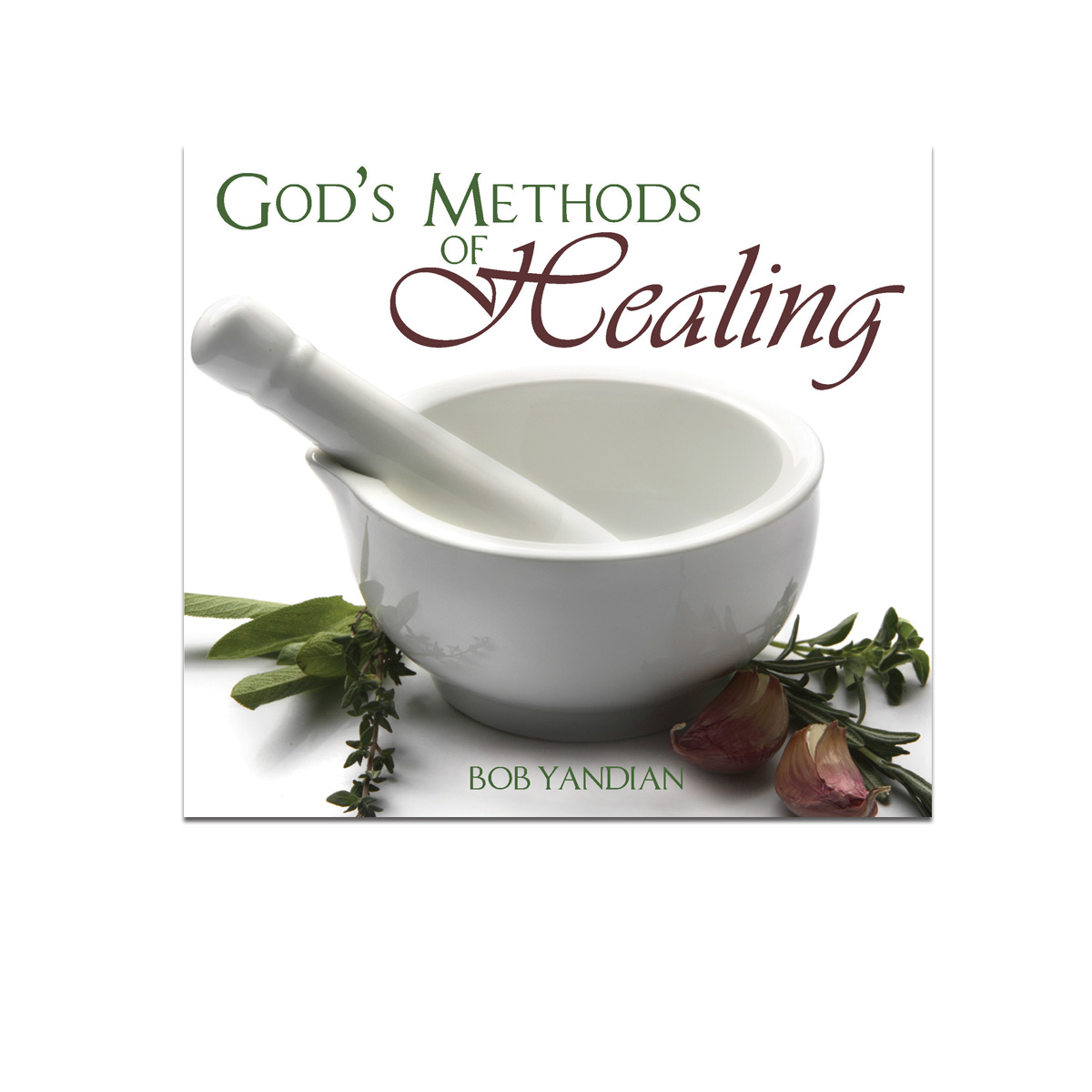Faith That Cannot Be Bound
Bob Yandian
When Jesus came to the Garden of Gethsemane to pray, He had already been plotted against and pursued by the religious Jews many times, but He had never been taken or harmed by them. He picked up His life and laid it down when He chose. Jesus would not be captured until the time appointed by God had come; only then would He allow Himself to be controlled by men.
When He finally gave Himself into the hands of men in the Garden of Gethsemane, there began a two-day period of unthinkable horrors to the Messiah Who came to redeem us from the curse. There were illegal trials, beatings, public mockery, a crown of thorns, and carrying a cross to Calvary, where He was crucified between two common criminals.
Despite the fact that Jesus was put through six illegal trials, beaten, and sentenced to death illegally, His love for those He came to save was greater than His desire for revenge. He knew that behind the plans of men was the greater plan of God. Though men would kill Him, God would raise Him from the dead! Peter realized this on the day of Pentecost when he preached to many of those who had stood around the cross on the day Jesus’ crucifixion.
“Men of Israel, hear these words: Jesus of Nazareth, a Man attested by God to you by miracles, wonders, and signs which God did through Him in your midst, as you yourselves also know—
Him, being delivered by the determined purpose and foreknowledge of God, you have taken by lawless hands, have crucified, and put to death; whom God raised up, having loosed the pains of death, because it was not possible that He should be held by it.” (Acts 2:22-24)
It is in the first two statements Jesus spoke while He was nailed to the cross that we have examples of the faith that cannot be bound. In the first statement, we see the power of faith in the believer, and in the second statement we see the power of faith in the unbeliever.
“And when they had come to the place called Calvary, there they crucified Him, and the criminals, one on the right hand and the other on the left. Then Jesus said, “Father, forgive them, for they do not know what they do. And they divided His garments and cast lots.” (Luke 23:33, 34)
The first statement Jesus made on the cross was a prayer. His love for those He was sent to die for and His unconditional trust in the Father’s plan gave Him strength to forget Himself and think of those who were crucifying Him. Jesus exemplified His own teaching “…pray for them which spitefully use you, and persecute you” (Matthew 5:44). Isaiah also prophesied that in death, Jesus would make “intercession for the transgressors” (Isaiah 53:12).
What I want to focus on is not the content of the prayer, but the conditions behind the prayer. Jesus is being crucified, which means that His hands are nailed to the cross and so are His feet. The hands that at one time healed the sick, cast out devils, and raised the dead are now bound. The feet which took Him to the sinners and diseased are also bound.
Jesus may be bound, but He knows faith cannot be bound. He has already demonstrated the power of faith when He spoke the word and the centurions’ servant was healed a great distance away. Now, another centurion has nailed Him to a cross and He is praying, “Father, forgive them.” He is praying that the Roman soldier who is acting as His executioner will be saved. Was Jesus ‘ prayer answered? Yes it was! After His death, the centurion and many soldiers standing at the cross with him received salvation.
“So when the centurion and those with him, who were guarding Jesus, saw the earthquake and the things that had happened, they feared greatly, saying, “Truly this was the Son of God!” (Matthew 27:54)
Jesus was not the only example of someone whose prayer was answered after they died. After Jesus’ resurrection, Stephen asked forgiveness for those who were about to stone him. One of those present was Saul of Tarsus, who was later arrested by the power of the Holy Spirit on the road to Damascus. Stephen’s prayer was answered even though he had gone on to be with the Lord and was not there to see it himself.
When praying, we often place the emphasis on our being there and forget that the spirit is greater than the body. The spirit is eternal and unhindered by time and space, but the body is temporal and bound by circumstances. The truth is, no matter where we are or what our circumstances, our prayers of faith are not bound.
The Holy Spirit is not in bed because we are in bed. He is not sick or well because we are sick or well. The Holy Spirit does not die when we die. The Holy Spirit is bound only by our level of faith. The answer to Jesus’ intercessory prayer on the cross came after He died. The Roman centurion received Him as Lord and Savior not through Jesus’ preaching, but because of the convicting work of the Holy Spirit that came to him as a result of Jesus’ prayer.
Regardless of our circumstances, whether we are bedridden or able to run a marathon, whether we are young or old in age, we can always pray. Though our “outward man perish, yet the inward man is renewed day by day” (Second Corinthians 4:16).
Whether we are healthy or sick, moving or bed-fast, we are powerful, because we can still pray. Jesus’ prayer from the cross was answered after He died! Our power is not in ourselves - whether we can walk, lay hands on people, or speak a word in due season - but in our reliance on the Holy Spirit.






